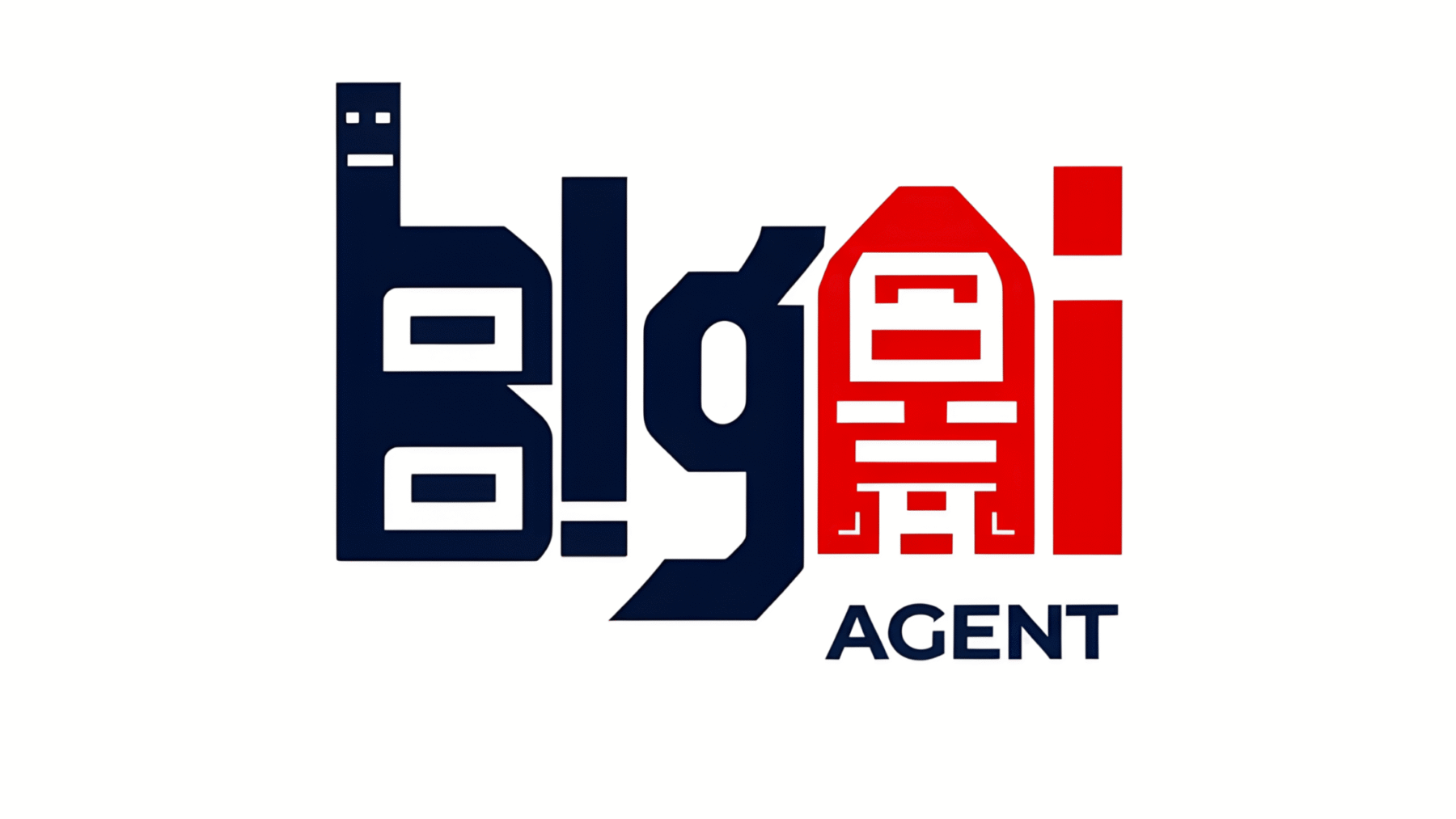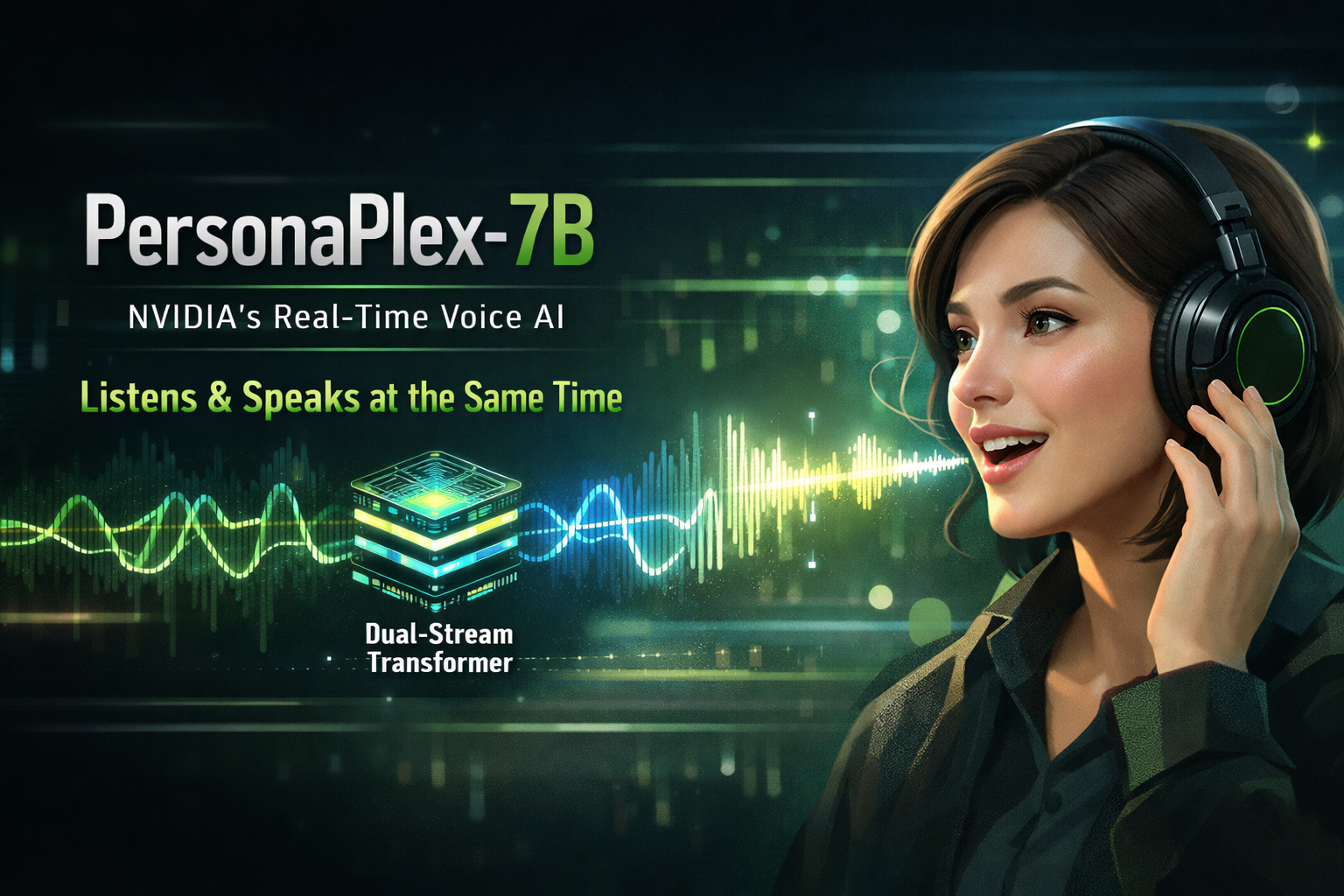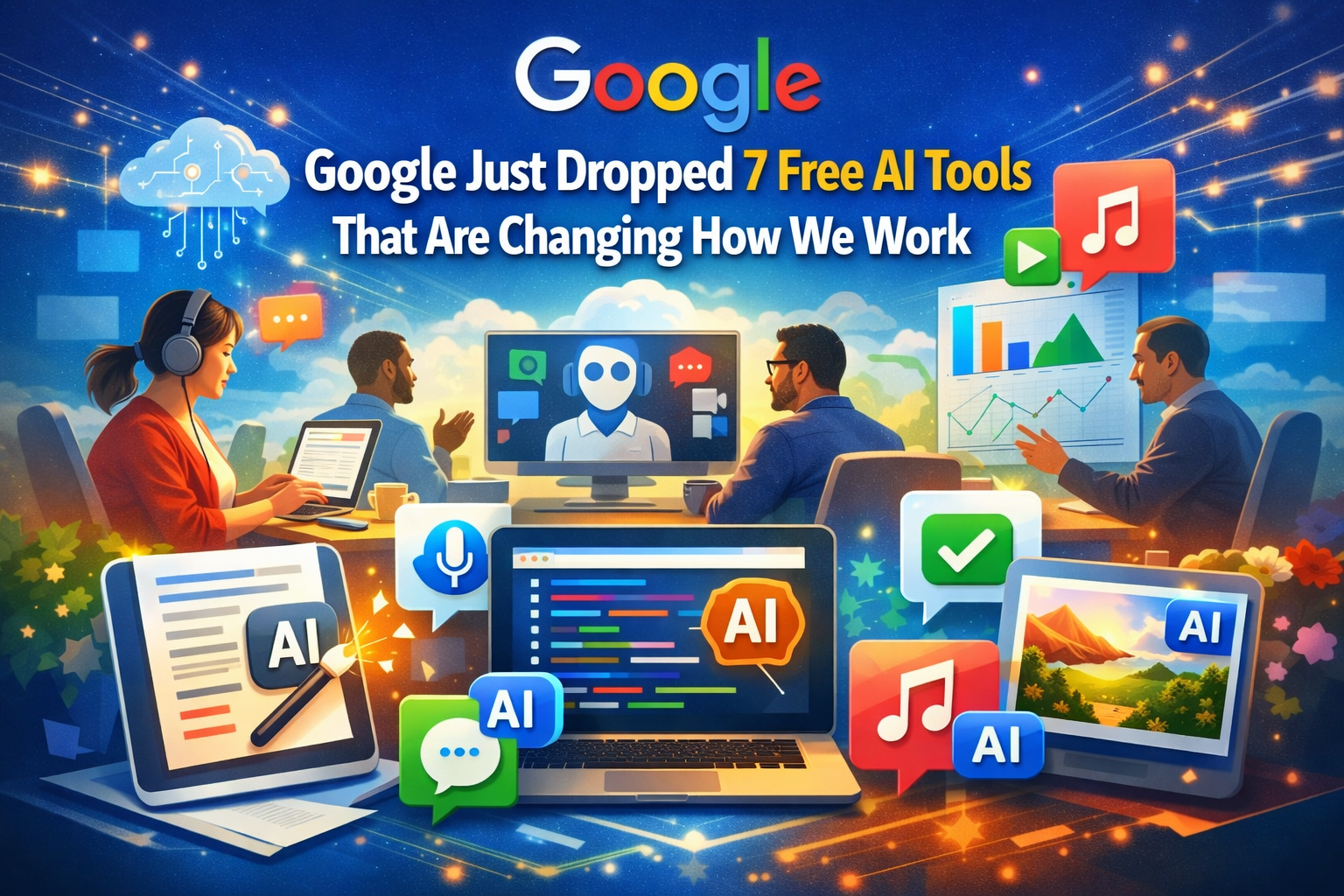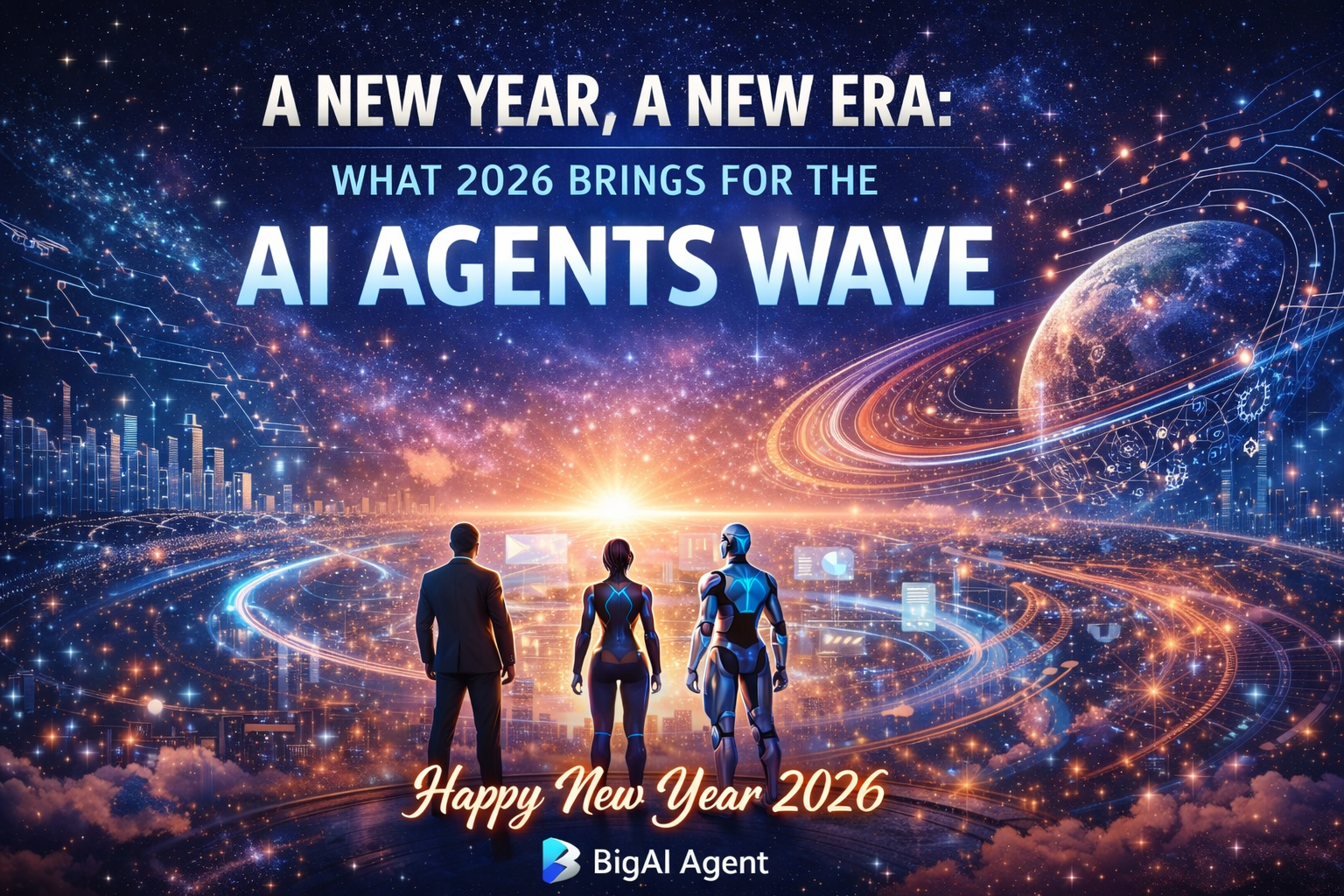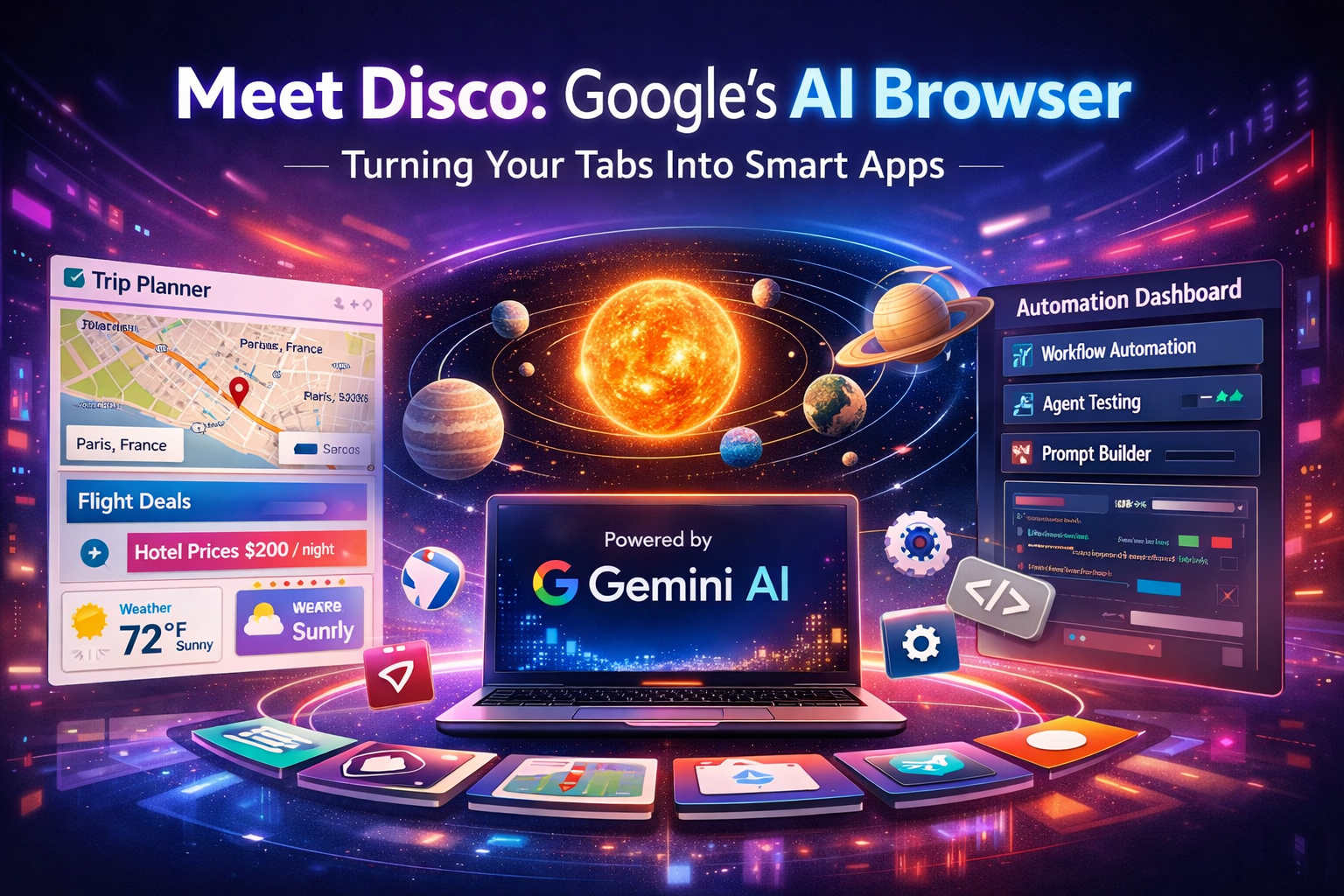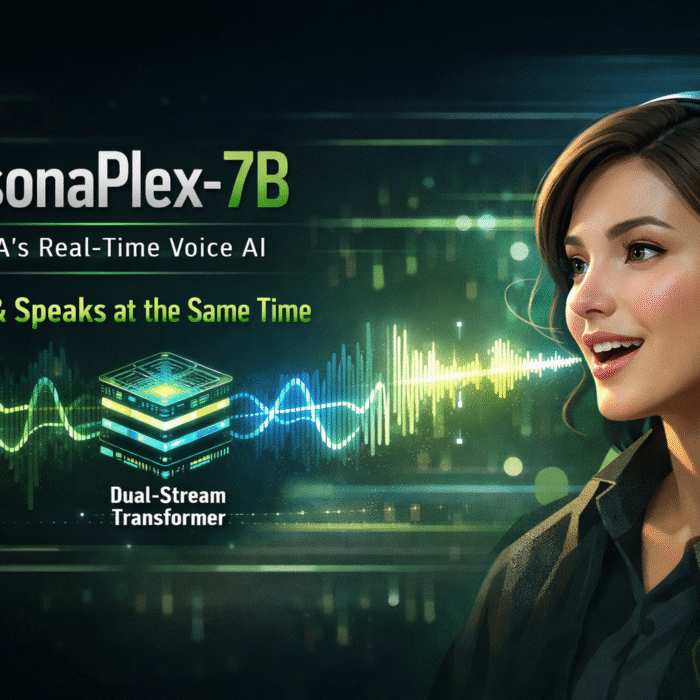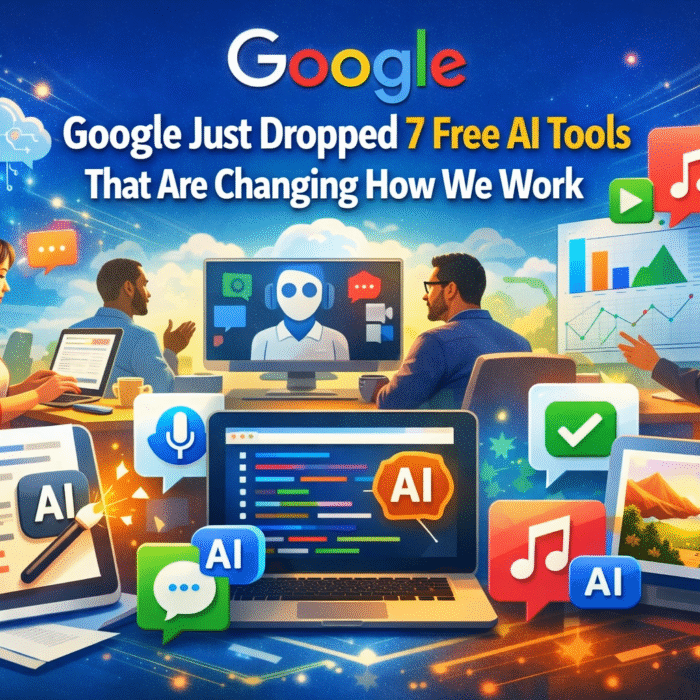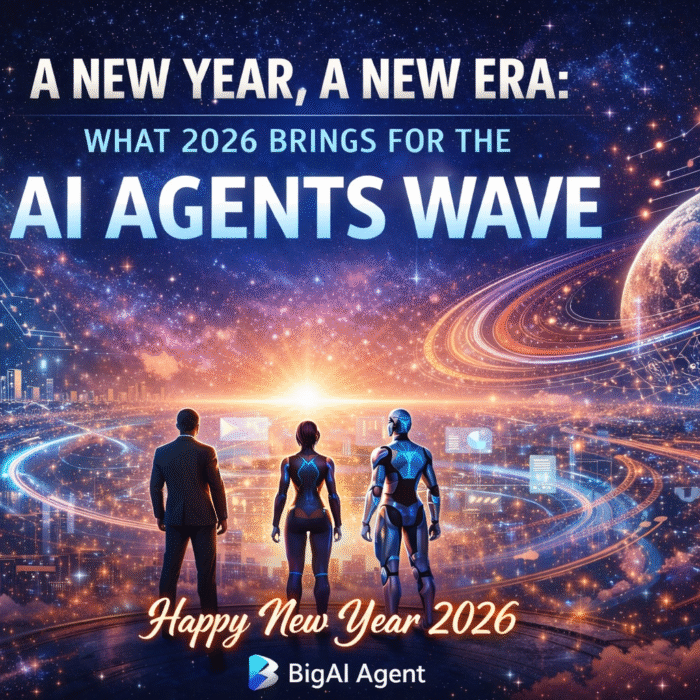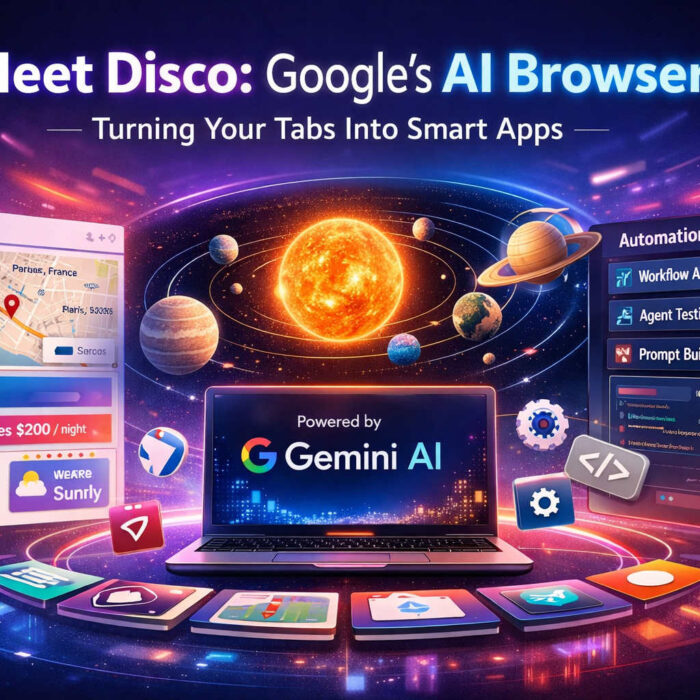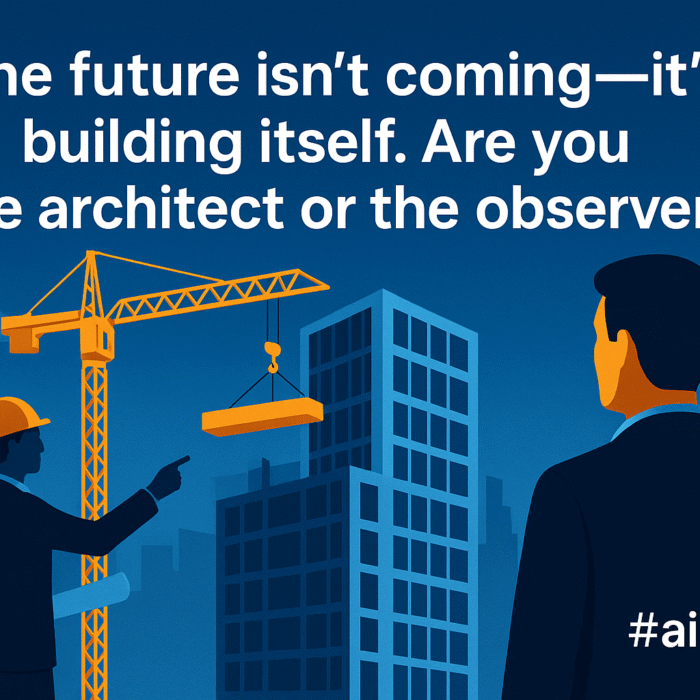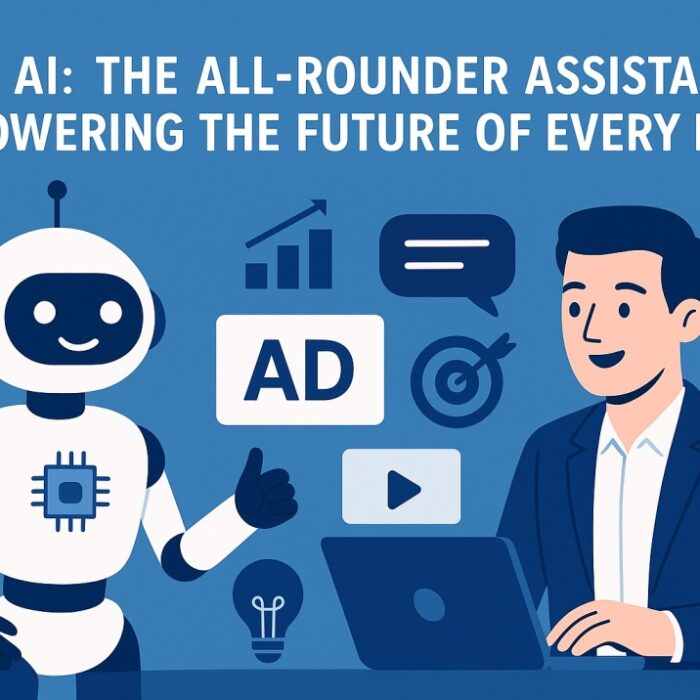Search Engine Optimization (SEO) is undergoing its biggest transformation yet. From keyword stuffing and backlink chasing to semantic and conversational search, SEO has undergone numerous phases of evolution. Now, it is being reshaped by one powerful force, AI agents.
As intelligent systems become the foundation of how people search, discover, and interact online, traditional SEO practices are being rewritten. AI agents are no longer optimizing for search engines alone. They optimize for users, intent, and context, creating a future where optimization is smart, adaptive, and continuous.
1. The New SEO Landscape: Beyond Keywords and Clicks
For years, SEO focused on understanding algorithms. Now, the focus has shifted to understanding AI behavior.
Search engines have evolved into intelligent ecosystems powered by AI assistants like ChatGPT, Gemini, and Perplexity, which act as intermediaries between users and the web.
Instead of typing “best running shoes,” users now ask:
“Find me the best running shoes under $100 that suit flat feet and deliver by Friday.”
That is not a simple search query anymore. It is a task request handled by AI agents that interpret, compare, and act based on intent.
SEO Challenge
Traditional metrics such as keyword rankings or backlinks no longer guarantee visibility. Today, success depends on structured data, contextual clarity, authority, and user relevance, which AI systems can easily interpret.
AI Agent Advantage
AI agents can:
- Analyze user intent in real time.
- Generate human-like summaries for search results.
- Automate optimization for AI-driven platforms such as Google SGE or ChatGPT Browse.
- Predict trending topics before they peak.
2. SEO Use Cases of Today and the Role of AI Agents
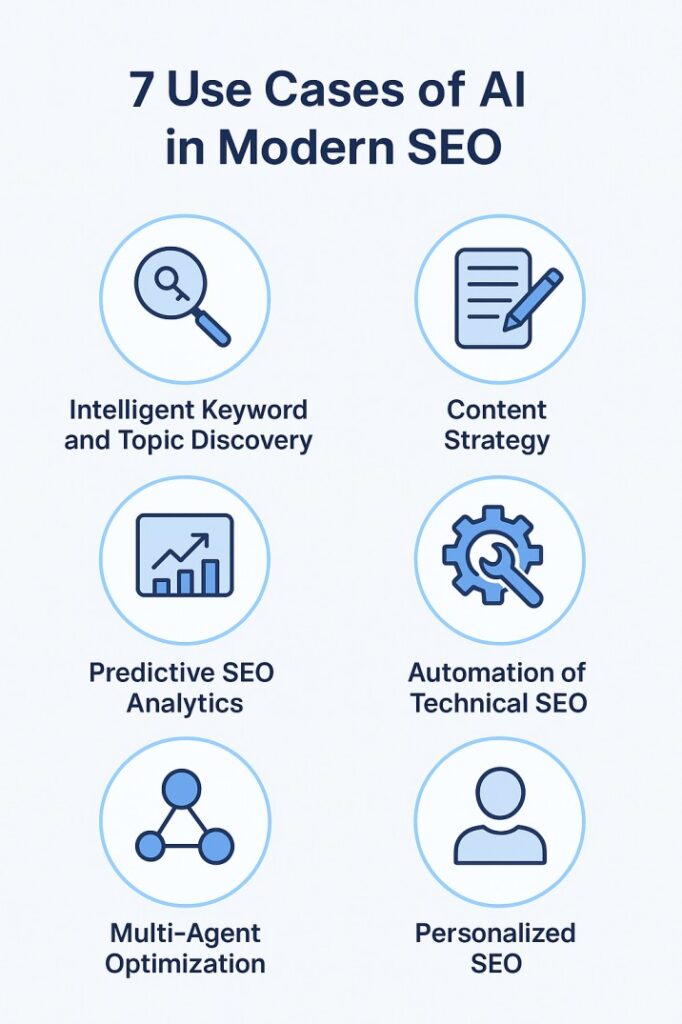
Use Case 1: Smarter Keyword and Topic Discovery
Keyword research tools alone cannot uncover deep insights anymore. SEO has become topic and intent-driven, and AI agents excel at finding hidden opportunities by:
- Analyzing social and conversational platforms like Reddit, Quora, and LinkedIn.
- Using semantic search to identify related clusters.
- Forecasting how search intent might shift over time.
Example:
Instead of focusing on “AI marketing tools,” an AI agent might find “how small teams use AI agents for campaign automation” as a better niche with higher relevance and less competition.
Use Case 2: Intelligent Content Strategy
AI-assisted writing tools are common, but AI-agent-driven strategy is more advanced.
AI agents can:
- Audit content performance across platforms.
- Identify gaps compared to competitors.
- Create outlines that align with Google’s Helpful Content and EEAT principles.
- Personalize tone, structure, and depth for different audience types.
Example:
A SaaS company can use an AI agent that monitors ranking volatility and automatically updates web pages before they lose visibility.
Result:
Content becomes dynamic and constantly updated instead of static and outdated.
Use Case 3: Optimizing for Voice and Conversation
Voice search and conversational interfaces are reshaping online discovery.
People now ask, “What is the best AI tool to analyze my marketing campaigns?” instead of typing short keywords.
AI agents that understand natural language can:
- Analyze how people phrase questions.
- Optimize for conversational, long-tail queries.
- Suggest content improvements that make answers more discoverable in voice and chat interfaces.
Impact:
Brands that adapt to the way people speak, not just how they type, become visible across AI-driven search and voice platforms.
Use Case 4: Predictive SEO and Analytics
Predictive SEO anticipates what people will search next. AI agents make this more accurate by:
- Tracking changes in topic intent and click behavior.
- Simulating how search engines’ AI systems will evaluate content.
- Forecasting which pages are at risk of losing rankings.
Example:
A travel company can deploy an AI agent that predicts trending destinations by analyzing booking data, search volume, and social conversations, allowing them to publish optimized content before competitors do.
Use Case 5: Automating Technical SEO
Technical SEO remains critical for site performance and visibility. But managing it manually is slow and error-prone.
AI agents can automate:
- Site health monitoring and audits.
- Schema markup and metadata generation.
- Broken link detection and repair.
- Log analysis for crawl efficiency.
Advanced agents can even integrate with CMS platforms like WordPress or Webflow and make real-time updates without human input.
Use Case 6: Hyper-Personalized SEO
SEO is shifting from a one-size-fits-all approach to a personalized experience.
AI agents analyze user data, browsing behavior, and engagement patterns to tailor website experiences.
Example:
An AI agent can identify that a visitor from LinkedIn prefers B2B content. It can dynamically update examples, CTAs, and testimonials on the site to match that profile.
This type of adaptive SEO increases engagement and relevance for every individual visitor.
Use Case 7: Multi-Agent Optimization (MAO)
The future of SEO lies in Multi-Agent Optimization — optimizing for how different AI systems read and interpret content.
Each AI platform, whether ChatGPT Browse, Google SGE, or Meta AI, processes and presents information differently.
AI agents can test and simulate how each one interprets your content, then fine-tune wording, metadata, and structure to improve performance across all of them.
Result:
Your brand does not just appear in Google results but is also referenced by ChatGPT, summarized by Perplexity, and highlighted by AI-driven content feeds.
3. From Optimization to Orchestration: The Rise of SEO Agents
As automation grows, SEO is evolving from a static checklist to a continuous orchestration system managed by AI agents.
Here’s how SEO agents redefine operations:
| Task | Traditional SEO | AI-Agent SEO |
|---|---|---|
| Keyword Research | Manual tools and reports | Contextual topic mapping |
| Content Creation | Static plans | Adaptive real-time generation |
| Technical SEO | Human audits | Continuous automated checks |
| Link Building | Manual outreach | Smart relevance-based linking |
| Analytics | Manual tracking | Predictive auto-optimization |
AI agents act as autonomous SEO managers, learning and improving with every campaign.
They do not replace strategists but enhance them, allowing human experts to focus on creativity, storytelling, and brand vision while agents manage optimization loops.
4. How Businesses Can Use AI Agents for SEO Today
AI-driven SEO is already practical and accessible. Here is how companies can start integrating it:
Step 1: Use AI for Data Intelligence
Adopt agents that analyze and cluster search data, prioritize intent-based topics, and uncover trending content opportunities.
Step 2: Automate SEO Auditing
Leverage AI crawlers for continuous health checks, schema validation, and technical optimization.
Step 3: Build Semantic Maps
Train AI on your website content to detect semantic gaps and create an entity-based SEO structure that AI systems can interpret easily.
Step 4: Implement Generative Agents
Use content-generation agents that follow EEAT principles and maintain a human, authentic voice.
Step 5: Track AI Search Visibility
Monitor how your brand appears across AI responses in ChatGPT, SGE, or Perplexity. AI agents can automate this tracking and suggest improvements.
5. The Future: SEO in an AI-First Search World
In the next few years, AI-driven search will dominate how users find information.
Platforms like Google SGE, OpenAI’s web browsing models, and Meta AI search are turning search into an interactive discovery process.
In this ecosystem:
- Websites become knowledge hubs.
- SEO evolves into AI visibility optimization.
- AI agents act as intermediaries between users and brands.
Businesses that build clear, structured, and factual content will stay visible. Those that rely on outdated keyword methods risk being overlooked, not because their content lacks value but because AI systems cannot interpret it effectively.
SEO’s New Superpower is Intelligence
SEO in 2025 is about collaboration between humans and intelligent systems. AI agents bring speed, precision, and adaptability to the optimization process. They understand context, predict trends, and continuously refine strategies.
Success now depends on combining human creativity with AI intelligence. Humans craft the story. AI agents ensure it reaches the right people, in the right way, at the right time.
As the agentic web era unfolds, one truth stands out:
The brands that train AI to understand them will lead the future of visibility.

